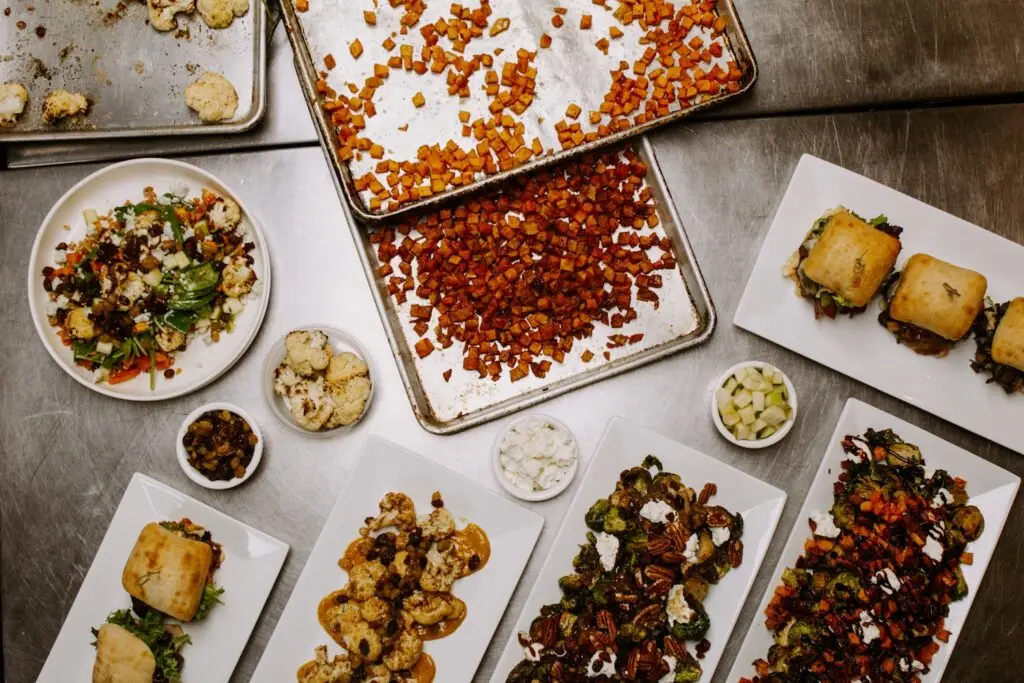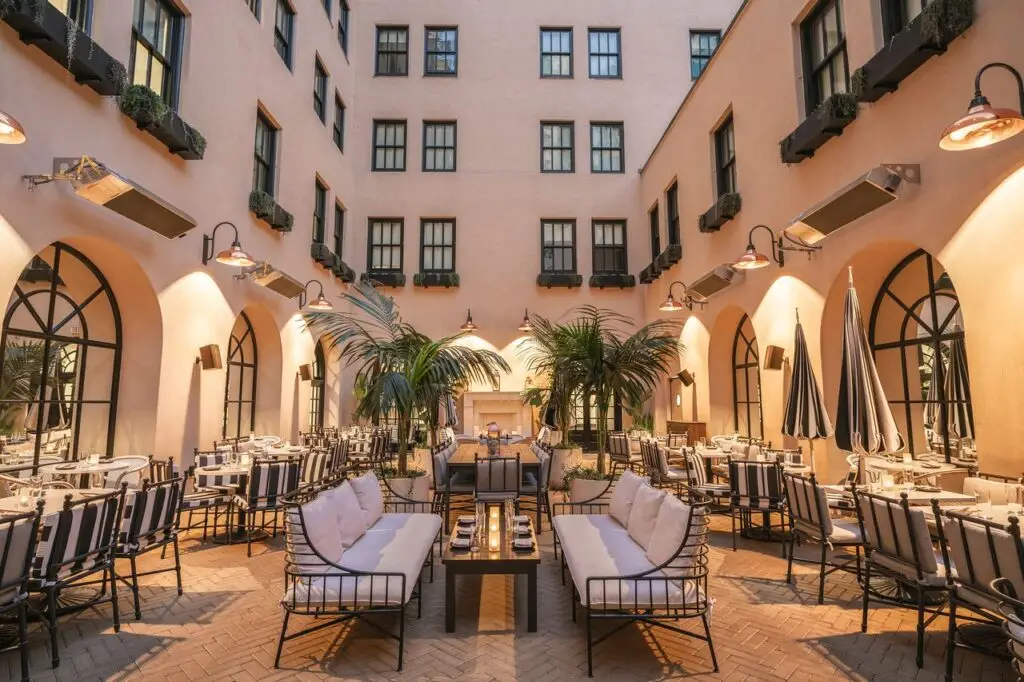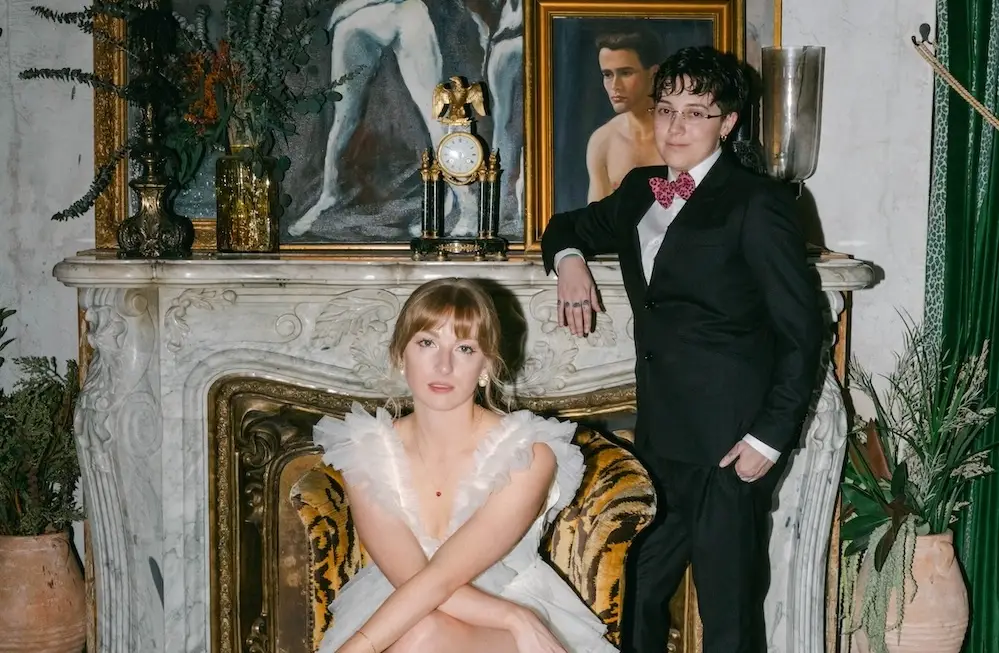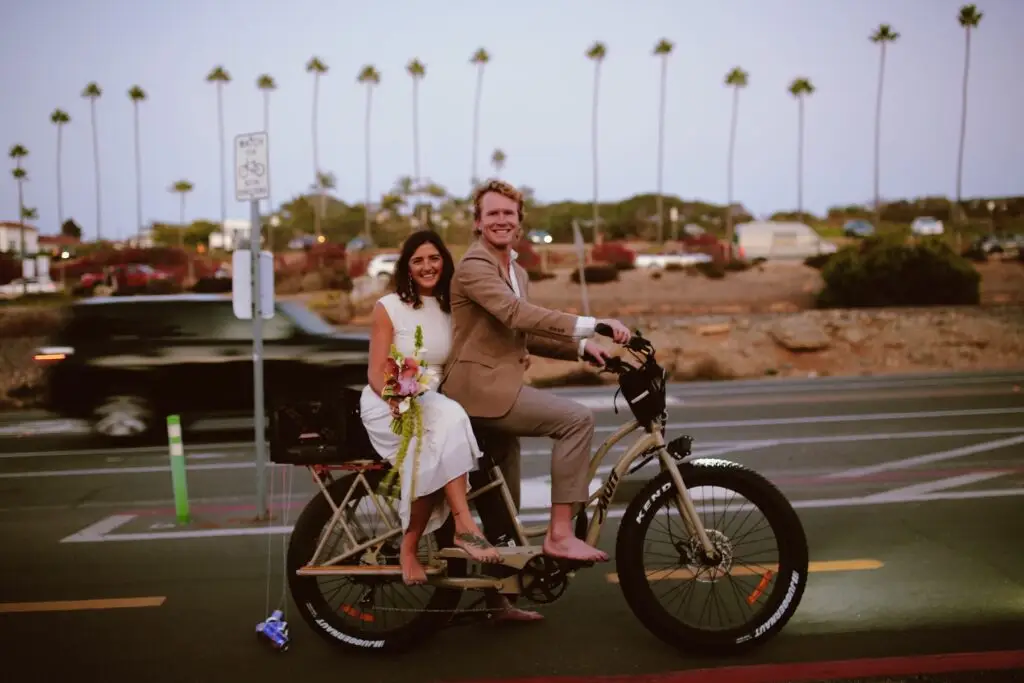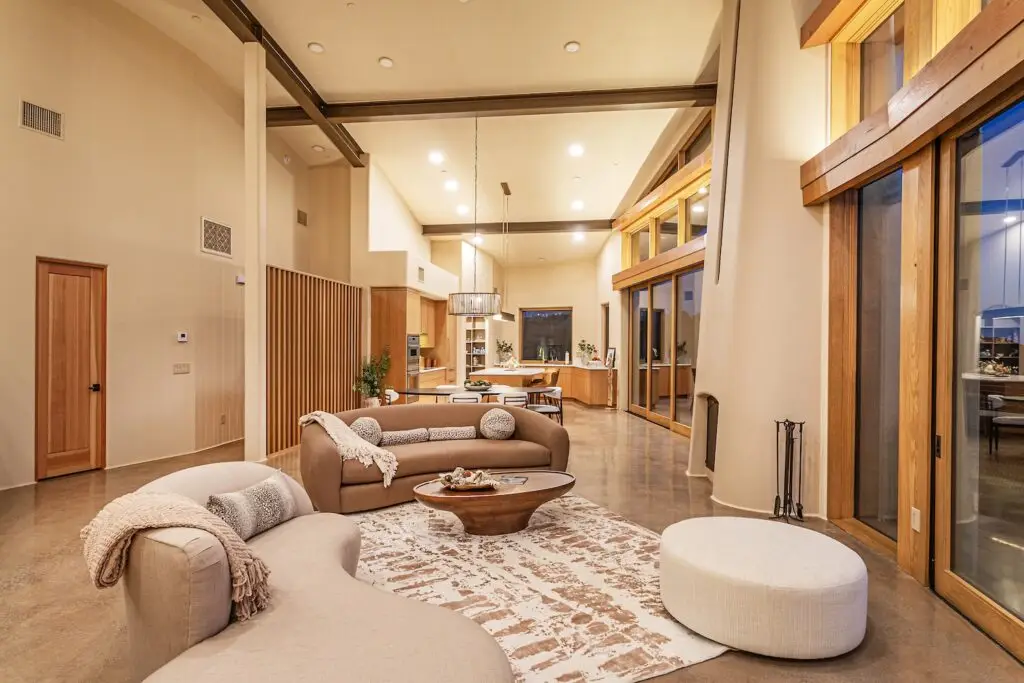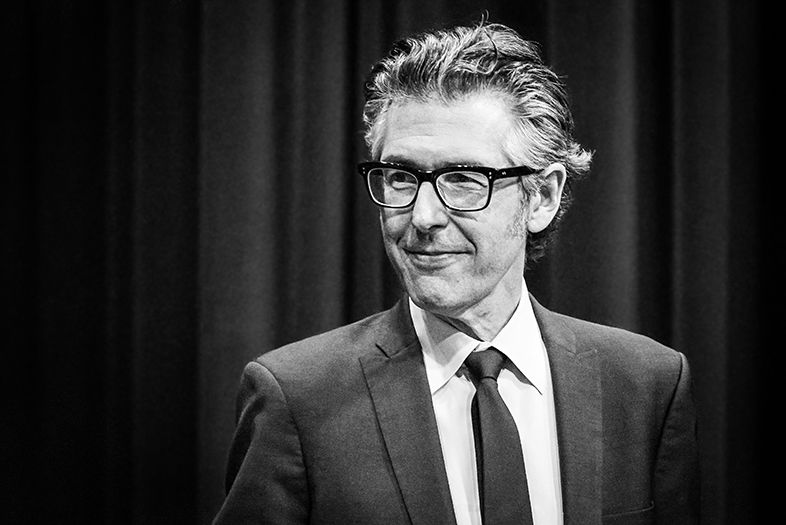You’ve been in public radio for about 30 years; This American Life is well past episode 600. Do you still get nervous or starstruck about interviewing people?
I totally get nervous, of course. Especially when I know I have to confront them with difficult things they might not want to talk about. We don’t often interview someone who’s “famous,” but of course I get appropriately nervous. Cause I’m a person. We just did an episode on magic, and I spent a few hours interviewing Teller, from Penn and Teller. I admire him; I like his work, so I went into that trying to understand very clearly how I wanted it to go, and he couldn’t have been more gracious and lovely.
What advice do you give to your younger producers who have to confront people with those difficult things?
I think it’s important to remember that when you have to get someone’s reaction to something that’s unpleasant, you’re giving them a chance to say their side; that’s why you’re approaching them. You’re not trying to make them look bad. There’s a thing you need them to discuss, and you really do want to be fair to them and give them their chance. That’s all you can do. And then just be super clear about what it is you need, and what you’d like to have but don’t necessarily need.
Speaking of which, I’m told I have to ask if you plan on having our local delicacies—craft beer and fish tacos—while you’re here.
I’m not much on drinking beer. Or wine. These are things I’ve only just started to admit to myself in the last couple of years; every time I drink them I think Eh, that was okay and just go right back to hard liquor. [Laughs.] So I don’t think I’ll be sampling any craft beers at all.
Well, I’m with you on that one.
I didn’t realize fish tacos were a particular San Diego delicacy.
It’s our thing!
My allegiance to fish tacos is so strong that when I gave a speech in Ann Arbor, Michigan, I had their fish tacos. So I’m sure if I’m in a place where they’re actually good, I’ll be getting fish tacos again.
What can fans expect to see in Seven Things I’ve Learned?
Basically, that title is an excuse to find seven stories to tell. Some of them are personal stories, some are things that we’ve reported on the show, some are real, hard-fought lessons that I learned about how to make the show. It’s an excuse to tell a bunch of stories, play a bunch of tape—and a lot of video, actually. I’ve never toured with video before this. So there’s little movies, things we made for our TV show, things that were fun experiments. Most nights I play a bunch of outtakes, things that’ve never been on the air.
How much gets left on the cutting room floor?
For us to find three or four stories that we think are special enough, we’ll often look into ten or fifteen—really aggressively look into them, call people, even do a little tape gathering—and go into production on five or six. Often I would say we kill between a third and a half of all the interviews we do.
The show’s increasingly gotten more serious and political, whereas the more classic idea of it—my favorite episodes—are the slice-of-life stories. The highway rest stop retail center, the amusement park, the summer camp.
Oh, I’m glad you like those! Those are some of my very favorite things we ever do.
Yeah! For me, listening to how these self-contained little worlds work is the best way to get out of my own head. It’s therapeutic. Does this work have the same effect for you?
I just enjoy it. I’m interested in other people; I’m curious. I’m nosy. Like most reporters, I’m interested in how people see themselves, how they get through things. The show is partly organized around the staff amusing ourselves and finding things we think are funny and exciting to talk about. For me, being able to dive into someone else’s experience is emotional. I think it’s not so different from the experience a person has listening on the radio: When the show’s working, you feel like you really get to know somebody and get close to them in this weird way. I love that. I feel very lucky.
I remember hearing you’re a fan of Joan Didion. One of her quotes that’s stuck with me is “We tell ourselves stories in order to live.” What does that mean to you?
I take it that she’s saying we have to frame our experience somehow. Like, there’s something that we tell ourselves about who we are and where we are in our lives, and that’s the story we invent and carry. Most people I know have something they believe about themselves, some of which is accurate and some are more aspirational, not necessarily true… me included.
Do you think everybody has a story to tell?
I think that’s definitely true, but—and this might seem like a snotty thing to say—but I don’t think that everybody has a story to tell on the radio. For something to be on the radio, it has to be pretty surprising. I so rarely feel like talking about my own life, because not that much happens to me that’s interesting or surprising. Even the biggest things—getting married, the death of a parent—happened in the way they happen for everybody.
The biggest San Diego story I remember from your show was about the seals who are occupying La Jolla Children’s Pool.
Yes! That’s a wonderful story. I love that story so much.
Right? How vicious the conflict between the environmentalists and public-space advocates got. It gave me weird hometown pride, like, “Yep, that’s us all right.”
[Laughs]
Are people still happy to have their story told even if it’s not too flattering? Do people ever feel like they’ve been misrepresented?
I have to say, we don’t get much negative feedback. When you’re doing a show in our format, really trying to understand how people see themselves and see them on their terms, generally that’s the kind of press treatment that people like. So no, it’s very rare for anybody to complain to us that we didn’t get them.
Finally, you’ve mentioned your admiration for Michael Lewis’s work, specifically The Big Short.
Yeah, I love that book.
The scene that’s stayed with me the most from the movie is when they walk into the deserted Lehman Brothers offices after the crash, and they say “This isn’t how I pictured it. I thought we’d find the grown-ups.” I guess this is a super-abstract, “millennial” thing to ask, but with all the people you’ve talked to… are there any grown-ups in charge?
How old are you?
I’m 32.
Okay. It’s interesting that you say that, because there’s this very personal story that I told just in the last few months about a friend of mine who died, named Mary. It may be the most personal thing I’ve ever talked about on the air. The episode was called “Ask a Grown-Up,” and I talk about that exact idea. And, I know. [Laughs.] I’ve heard so many people say “I don’t feel like a grown-up.” But I look around and see a lot of grown-ups. I wanna say, like—I’m 58 and I feel 100 percent like a grown-up. It’s not ambiguous. It’s a separate feeling from what I had when I was younger, and what it means to me is that I have responsibilities. I have people who count on me, and I try to do right by all of them. And I feel… tired.
Can you remember when that changed? When you realized “Oh, it’s not someone else’s job anymore; it’s my job.”
You know, I have a radio show that I’ve been running since I was 37. Or 36. When I started I was just freestyling, like a lot of people who aren’t used to being a boss. You try this, you try that, and I made a lot of mistakes.
But no imposter syndrome?
No, I never felt like an imposter—just like I wasn’t very good at it. But I think if you’re lucky… and you’re kind… and you’re willing to listen to those around you, people will generally be kind with you and point you in the right direction. So the answer is, it’s kind of a gradual thing. It definitely didn’t happen when I was your age. I did not have the feeling of “I’m a grown-up,” I had the feeling of “I’m still inventing what I’m gonna be.”
Seven Things I’ve Learned: An Afternoon with Ira Glass
August 27, 2 p.m., Balboa Theatre

Ira Glass Brings ‘Seven Things I’ve Learned’ to San Diego
PARTNER CONTENT
Ira Glass | Photo: Jesse Michener
